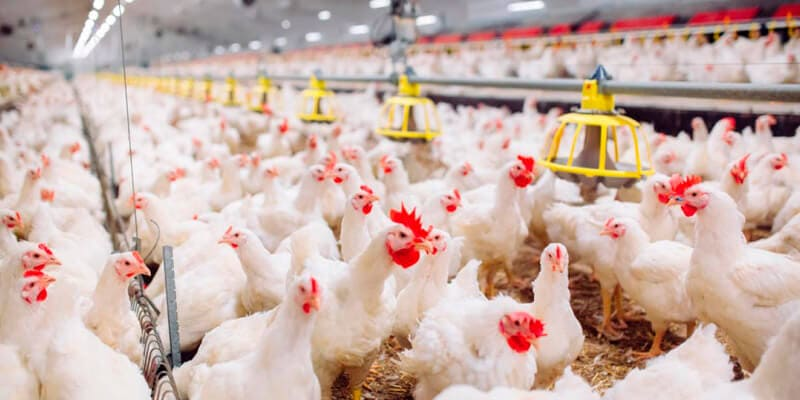UK poultry continues battle for energy relief support

Lobbying of the UK government to provide support for poultry producers to combat the huge rise in energy bills has failed despite promises of backing within future energy price support measures being promised for other intensive sectors.
The National Farmers Union (NFU) said it had secured a major victory after the government announced horticulture businesses will have access to the Industrial Energy Transformation Fund to help cut their energy bills. But support for the poultry sector remains elusive.
The need for greater energy security for the intensive farming sectors was a key theme during this year’s Downing Street Farm to Fork summit led by prime minister Rishi Sunak. Energy prices and input costs have soared since the Russian invasion of Ukraine in February 2022.
Minette Batters, NFU president, said it was critical that all high energy crops are recognised, including protecting cropping and those with long-term storage: “We are seeking urgent clarification on the eligibility for horticulture businesses and the process by which they can register for the Industrial Energy Transformation Fund to help mitigate against high energy costs and provide confidence to grow and invest in future production.
“The NFU remains extremely disappointed over the lack of support for poultry production – another sector that is energy-intensive where ongoing, soaring production costs are putting producers under immense pressure. We call on government to do everything it can so that the poultry sector is able to continue producing quality, affordable eggs and poultry meat which we know is valued hugely by the public.”
The call comes at a time when the UK government has weakened energy efficiency targets for the poultry sector following industry lobbying. The Department for Energy Security and Net Zero had proposed a 40.9% energy efficiency improvement target for horticulture and a 12% target for poultry to help cut the farming sector’s footprint and reduce the reliance on fossil fuels to heat sheds.
The government announced recently it had reduce those targets to 13% and 10%, respectively, but experts warned this measure will cost producers more in the long run as they will have to pay high energy prices.
Lydia Collas, Green Alliance senior policy analysis, said with less support to cut energy use, costs will stay high, as will emissions.
About 10% of the UK’s net greenhouse gas emissions come from farming.
Read also
Wheat in Southern Brazil Impacted by Dry Weather and Frosts
Oilseed Industry. Leaders and Strategies in the Times of a Great Change
Black Sea & Danube Region: Oilseed and Vegoil Markets Within Ongoing Transfor...
Serbia. The drought will cause extremely high losses for farmers this year
2023/24 Safrinha Corn in Brazil 91% Harvested
Write to us
Our manager will contact you soon



